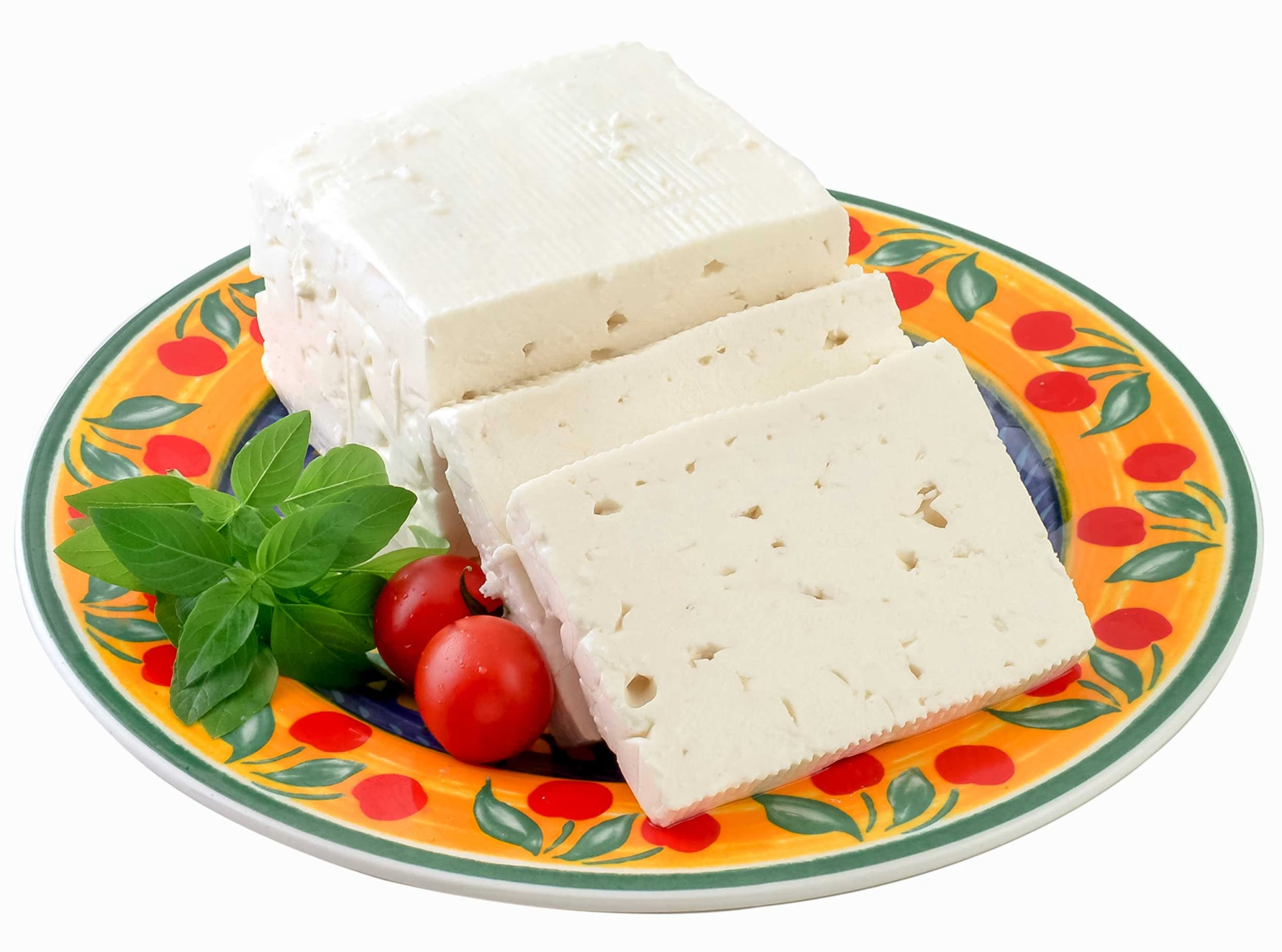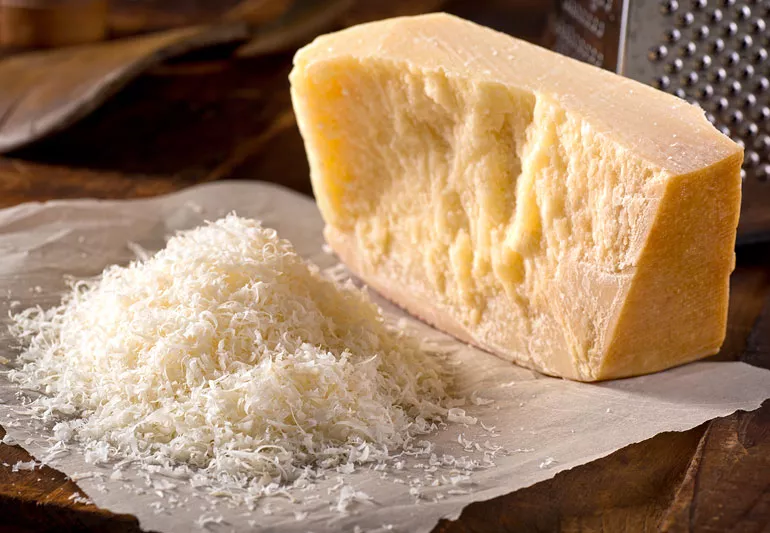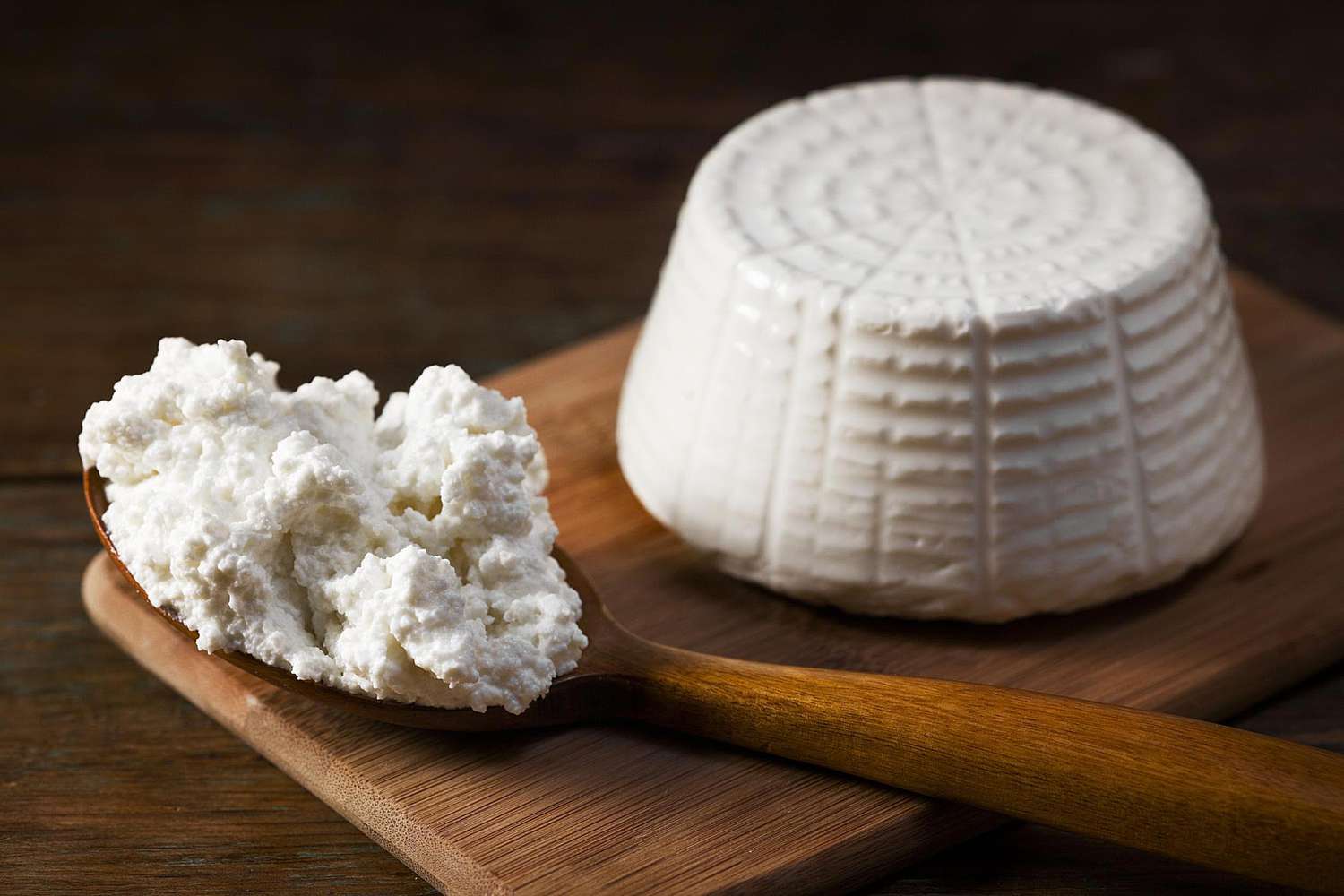Discover the 8 healthiest cheeses that can boost your diet. Curious about which cheeses are both delicious and nutritious? Dive in to find out more.
Summary: Cheese can be a healthy addition to your diet if you know which varieties to choose. Some of the healthiest options include low-fat, high-protein cottage cheese, feta with its high concentration of B vitamins and calcium, probiotic-rich mozzarella, nutrient-dense Swiss, protein and calcium-rich Parmesan, versatile ricotta, low-lactose and high-fatty acids goat cheese, and anti-inflammatory blue cheese. All these cheeses can offer nutritional benefits when consumed in moderation, enriching various meals while providing essential minerals for bone health, muscular function, and digestive health.
- Choose low-fat, high-protein cheeses for a healthier diet.
- Feta cheese is rich in B vitamins and calcium.
- Mozzarella contains probiotics beneficial for gut health.
- Swiss cheese is nutrient-dense and supports a balanced diet.
- Parmesan is packed with protein and calcium.
- Ricotta is versatile and nutritious.
- Goat cheese offers low lactose and high fatty acids.
- Blue cheese has anti-inflammatory properties.
- Moderation is key to enjoying these cheeses healthily.
- Adding these cheeses can support bone health, muscular function, and digestive health.

Who does not love cheese? Cheese can enrich every meal, whether you sprinkle it on a salad, melt it in a sandwich, or pair it with a glass of wine. But did you know that certain cheeses are tasty and nutritious? Yes, you read it correctly. In this essay, we’ll explore the world of the healthiest cheeses. So, if you like cheese and want to make better choices, keep reading. You could discover your new favorite cheese!
Why Cheese Can Be Healthy
Cheese often receives a poor reputation for being rich in fat and calories. However, not all cheeses are made equal. Some provide vital minerals, including calcium, protein, and probiotics. These nutrients may benefit bone health, muscular function, and digestive health. So, let’s clarify some misconceptions and consider why cheese may be a healthy addition to your diet.
Cheese #1: Cottage Cheese

Do you want a varied and healthy cheese that supports your health goals? Cottage cheese may become your new best buddy. It is low in fat and high in protein, making it a popular choice among athletes and fitness fanatics.
It’s impressive: one cup of low-fat cottage cheese has around 27 grams of protein and 206 calories. That’s a lot of nutrients with little calories! It is ideal for adding to salads, mixing into smoothies, or eating independently.
Cheese #2: Feta

Feta cheese is famous in Mediterranean cuisines for its acidic taste and crumbly texture. Do you ever wonder why? It’s lower in fat than many other cheeses, making it a healthier choice. Furthermore, feta has a high concentration of B vitamins required for energy synthesis. Furthermore, its high calcium content promotes bone health. According to research published in Nutrients, using feta in a balanced diet may provide several advantages.
Cheese #3: Mozzarella

Mozzarella isn’t just for pizza! This cheese has less salt and calories than many other types. It also contains probiotics, which may help with intestinal health. A 1-ounce serving of part-skim mozzarella has about 85 calories and 6 grams of protein [source: USDA].
Cheese #4: Swiss

Think about your favorite deli sandwich. Do you associate it with Swiss cheese, recognized for its unique holes and mild flavor? If so, you may be doing your health a favor. Swiss cheese is not only tasty, but it is also low in sodium and high in calcium and phosphorus, all of which are important for bone health.
According to the National Institutes of Health, Swiss cheese includes a significant quantity of vitamin B12, which aids nerve function and red blood cell synthesis. So, think of Swiss cheese the next time you’re layering a sandwich or snacking on cheese. Your taste, senses, and body will appreciate you!
Cheese #5: Parmesan

Parmesan cheese is more than simply a garnish for spaghetti. It’s high in protein and calcium, and the strong taste ensures that a small amount goes a long way. Research published in the Journal of Dairy Science discovered that matured cheeses such as Parmesan may be simpler to digest for lactose-intolerant people.
Cheese #6: Ricotta

Ricotta cheese is known for its creamy texture and adaptability, making it an excellent option for savory and sweet meals. Not only is it lower in fat and more prosperous in calcium than many other cheeses, but it is also an excellent source of whey protein. Whey protein is well-known for its ease of digestion and muscle-building benefits. The USDA estimates that a half-cup portion of ricotta has 14 grams of protein [source: USDA].
Cheese #7: Goat Cheese

Many individuals find goat cheese, or chèvre, simpler to stomach than cow’s milk cheese. It is low in lactose and high in healthy fatty acids, which may help with heart health. According to research published in the British Journal of Nutrition, goat cheese may help improve cholesterol levels.
Cheese #8: Blue Cheese

Blue cheese may have an acquired taste, but it’s worth trying because of its health advantages. It is high in calcium and includes chemicals that help improve heart health. According to research published in the Journal of Agricultural and Food Chemistry, blue cheese has anti-inflammatory characteristics that might enhance your general health.
The Bottom Line
So there you go, cheese lovers! Consider buying one of these healthier cheese varieties the next time you go grocery shopping. Not only will you satisfy your taste senses, but you will also be making a healthy option. Remember that moderation is vital; mixing cheese with a well-balanced diet will help you live a better lifestyle. What are you going to attempt first? Please let us know in the comments.











